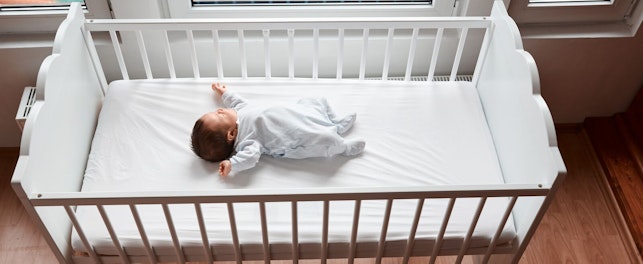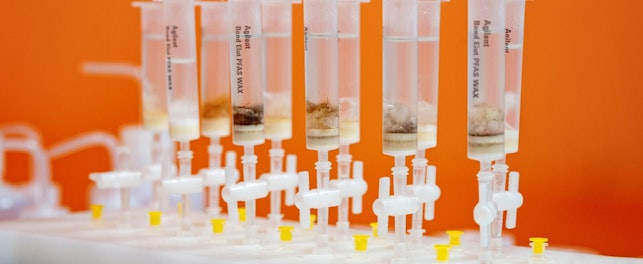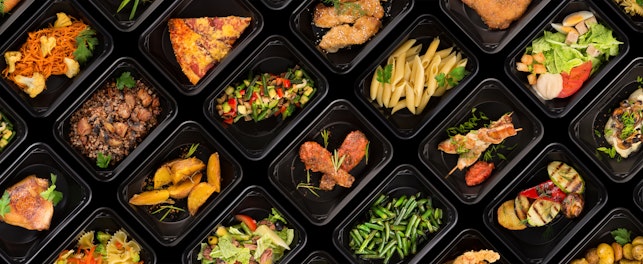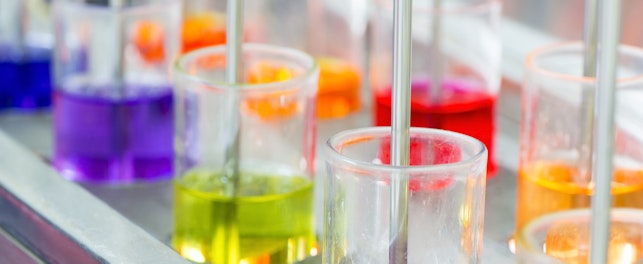SG 073.22
Washington state has prohibited an additional five types of food packaging derived from plant fibers. The new ban will become effective in May 2024.
In 2018, Washington state approved ESHB 2658 to prohibit perfluoroalkyl and polyfluoroalkyl substances (PFAS) in food packaging. According to the definitions in the law, food package means ‘a package or packaging component that is intended for direct food contact and is comprised, in substantial part, of paper, paperboard, or other materials originally derived from plant fibers.’
The law, recodified as RCW 70A.222.070, authorized the Department of Ecology (DOE) to conduct an alternative assessment and publish its findings by January 1, 2020. The ban on PFAS in food packaging was to become operative in January 2022, if the DOE determined that there were safer alternatives available for specific food packaging applications. If the DOE did not find safer alternatives for some or all categories of food packaging, it must review and report on alternatives starting January 1, 2021, and annually thereafter. The prohibition of PFAS in specific food packaging applications will become effective two years after safer alternatives are available in the findings and they have been submitted to the Legislature.
In February 2021, the DOE issued its findings to the state Legislature. The first alternatives assessment report found that safer alternatives were available for four specific applications – food boats, pizza boxes, plates and wraps, and liners
In May 2022, the DOE reported its ‘Safer Alternatives to PFAS in Food Packaging – second report to the Legislature pursuant to RCW 70A.222.070. ’ The second alternatives assessment report determined that safer alternatives are available for five specific applications – bags and sleeves, bowls, flat service ware, open-top containers and closed containers (see Table 1 below).
| Entry | Application | Safer Alternative |
|---|---|---|
| 1 | Bags and sleeves | Densified paper and wax-coated options |
| 2 | Bowls | Clay-coated, polylactic acid-coated, polylactic acid foam, and reusable options |
| 3 | Flat service ware | |
| 4 | Open-top containers | Clay-coated, densified paper, wax-coated, polylactic acid-coated, polylactic acid foam, aluminum, and reusable options |
| 5 | Closed containers | Clay-coated, polylactic acid-coated, polylactic acid foam, and aluminum options |
Table 1
Highlights of the prohibition of PFAS in the five types of food packaging in the second alternatives assessment report (entry 2) and those from the first alternatives assessment report (entry 1) are summarized in Table 2.
| Prohibition of PFAS in food packaging made, in substantial part, from paper, paperboard or other materials derived from plant fibers | ||
|---|---|---|
| Entry | Scope | Effective Date* |
| 1 |
| February 2023 |
| 2 |
| May 2024 |
| *DOE expects to begin enforcing the restrictions on PFAS-containing food packaging from those dates | ||
Table 2
SGS technical experts have extensive knowledge and testing experience in materials and articles in contact with food. They work to ensure that your products meet the appropriate regulations for food contact materials, paving the way for compliance. From overall migration tests to expert advice on emerging regulations, compliance issues and documentation review, SGS is the partner to trust. In the end, it’s only trusted because it’s tested. Discover more on our website.
For inquiries, please contact:
Dr. Hingwo Tsang
Global Information and Innovation Manager
t: (+852) 2774 7420
© SGS Société Générale de surveillance SA - 2022 - All rights reserved - SGS is a registered trademark of SGS Société Générale de surveillance SA. This is a publication of SGS, except for 3rd parties’ contents submitted or licensed for use by SGS. SGS neither endorses nor disapproves said 3rd parties contents. This publication is intended to provide technical information and shall not be considered an exhaustive treatment of any subject treated. It is strictly educational and does not replace any legal requirements or applicable regulations. It is not intended to constitute consulting or professional advice. The information contained herein is provided “as is” and SGS does not warrant that it will be error-free or will meet any particular criteria of performance or quality. Do not quote or refer any information herein without SGS’s prior written consent.



